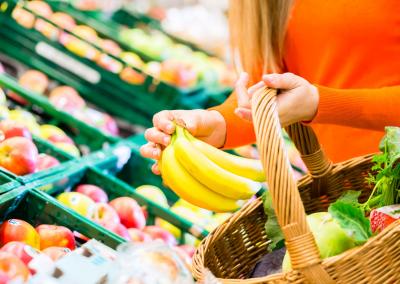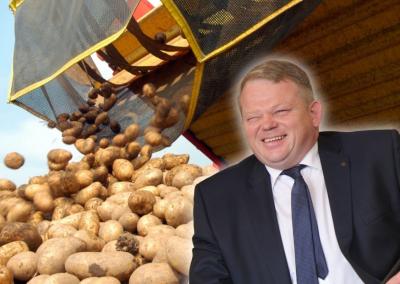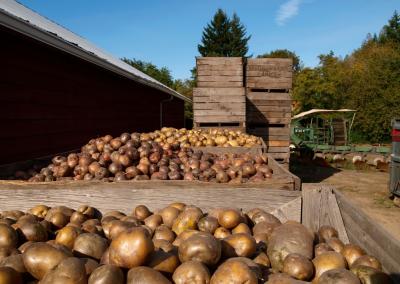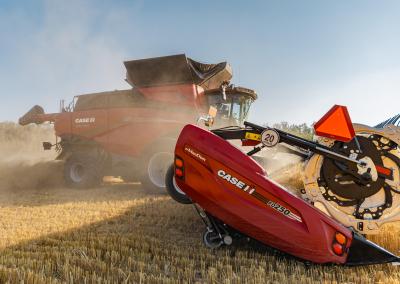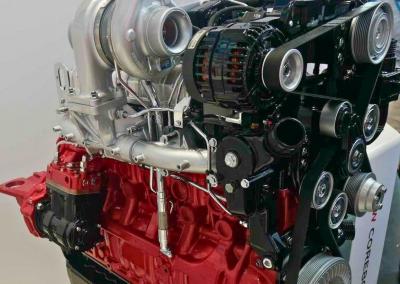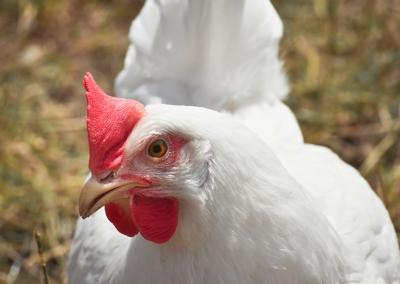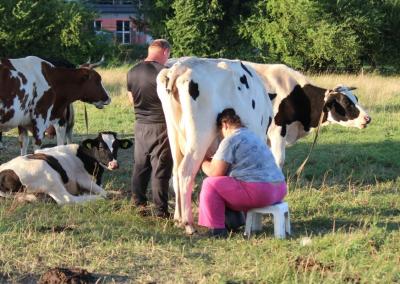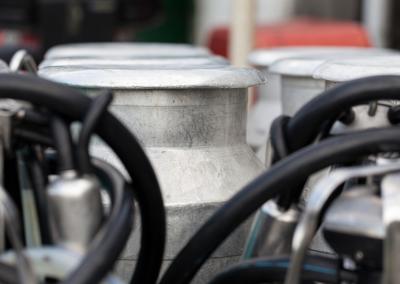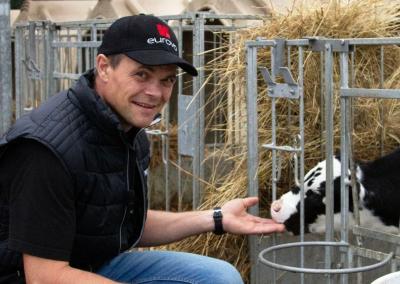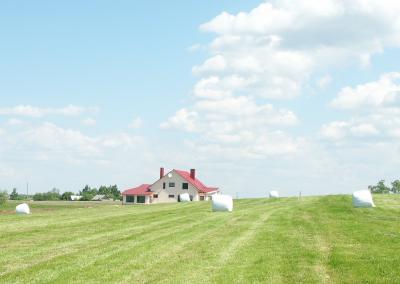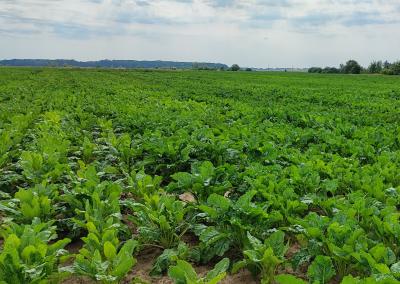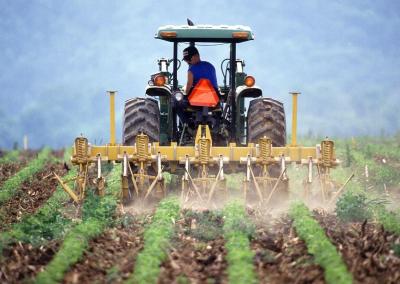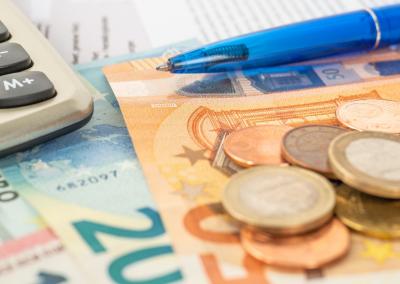EU agricultural sector at risk of losses from trade wars with China
As trade tensions between Europe and China escalate, this could have a lasting impact on export markets and prices in the European Union (EU) domestic market, according to a new report by international risk management company Coface.
After Europe's decision in October to impose duties on Chinese electric cars, Beijing immediately responded by announcing duties on imports of European brandy, in particular French cognac and Armagnac, which are under investigation for dumping from early 2024.
At the same time, China has launched an investigation into unfair subsidies on European dairy products and pork. A new era of trade tensions is brewing between Brussels and Beijing, and the imminent return of President Donald Trump to the White House raises the spectre of new trade wars.
China's response to the European tariffs on electric cars is targeting key European exports in anticipation of future trade talks. Chinese research focuses on agricultural and food products from countries that support the tariffs - France, Spain and Italy.French brandy producers, especially those with less recognised luxury brands, have been facing tariffs in China since the end of October.
In the future, the European pork and dairy sectors may also face tariffs, which will affect prices along the value chain, especially in France and Spain.
China takes advantage of the situation in Europe
Beijing has targeted an important sector of the European economy, accounting for around 3% of the EU's gross domestic product (GDP) and 13% of jobs. These studies also focus on the dynamic export sector, which contributes positively to Europe's trade balance.
In 2022, the EU's trade surplus in agri-food products amounted to €33 billion, while total agri-food exports amounted to €200 billion.
China is aware that the EU's agri-food industry is heavily subsidised under the Common Agricultural Policy (CAP). Brandy and pork are currently subject to anti-dumping investigations, while milk is subject to an anti-subsidy investigation.
This spring, agricultural protests in several European countries highlighted the growing divide between European governments and farmers. The Chinese authorities are thus taking advantage of the situation in Europe to increase pressure on Brussels.
By criticising support for European agriculture, China is not only targeting the CAP, over which the EU is at odds, but is also pointing to its main beneficiaries, some of whom in Brussels have backed the introduction of tariffs on Chinese electric vehicles.
These include France, which is the biggest beneficiary of CAP subsidies, followed by Spain and Germany.
A challenge for the Chinese too
But China's counter-attack could reveal fundamental problems in its own agri-food sector. As in other sectors in China, supply is now outstripping demand, pushing agricultural prices down and threatening the financial viability of farms.
In the first ten months of 2024, milk prices are down 3 per cent year-on-year and pork prices are down 23 per cent compared to the last three years.
Sanctions on European milk and pigmeat imports can therefore be used not only to negotiate with the European Commission but also to reduce market saturation. However, unlike steel, Beijing's ability to export its surplus milk production is very limited.
In 2008, large-scale milk contamination with melamine affected more than 300 000 children. 52,000 children were hospitalised and at least six infants died. Since then, few countries are willing to import Chinese milk.
French brandy has so far borne the brunt of the growing tensions in trade relations between China and Europe. A few weeks ago, Beijing announced that it is the one that will now be subject to an average 35% tariff. European exports to China are mainly French cognac, as well as Armagnac.
China is the second largest export market for French Cognac after the US, accounting for a quarter of all exports, making it a very important market for the sector. According to „Coface“, the price increases resulting from the introduction of duties on premium and ultra premium spirits are likely to be partially absorbed by Chinese consumers and would have only a small impact on sales.
However, this would have a much more significant negative impact on the sales of less prestigious brands of brandy in the Chinese market.
Potential chain reaction
A year later, similar tariffs could be applied to pork and dairy products. The loss of the Chinese export market would place a heavy burden on European dairy and pork companies and would lead to higher prices in Europe.
France and Spain would bear the brunt of potential Chinese tariffs on pork and dairy products. China is France's main export destination for milk and whey and the second largest market for pork. China also accounts for 11% of Spain's pork exports – it is second only to Italy. The loss of income for farmers and processors would further worsen the conditions in these two sectors in those countries.
A deterioration in trade relations between China and Europe could have a knock-on effect. In the absence of bilateral agreements, China's investigations and potential tariff barriers could extend to other products.
Trade tensions are likely to persist, given Brussels' intention to limit the massive influx of Chinese electric cars into the European market, the limited role of the World Trade Organisation as a regulator of global trade relations and the deteriorating global geopolitical and economic situation. Agricultural and food products at risk include cheese and wine and champagne.
Beijing could force Chinese car companies to reduce investment in Europe. This would further deepen divisions between European countries, pitting agricultural giants – France, Italy, Poland – and the Central European car industry.




